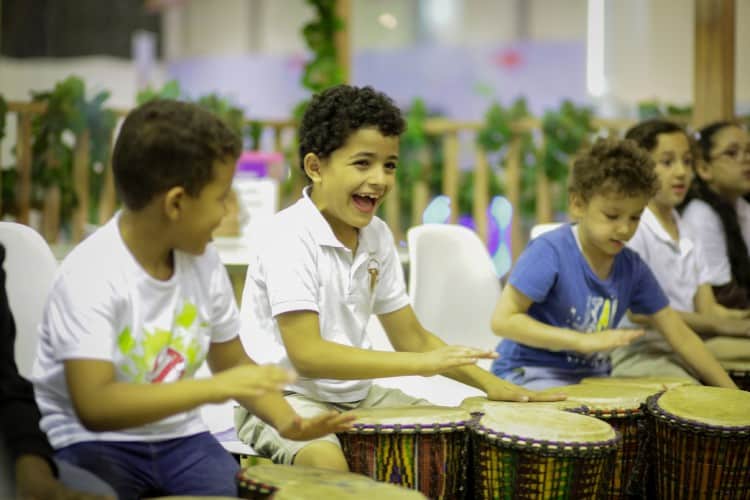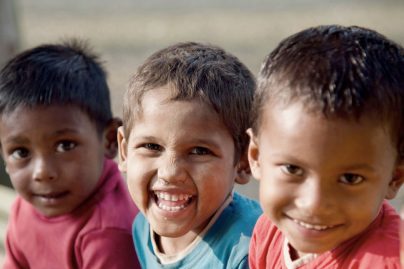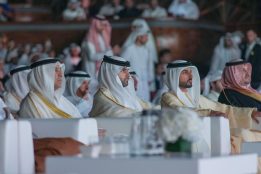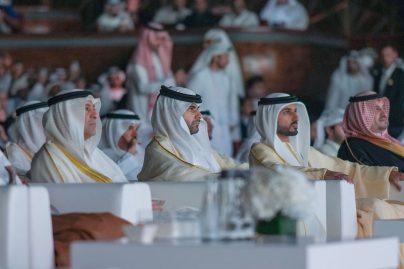Everywhere Classroom — An interactive game to insight the feeling of unity
Sat 18 Dec 2021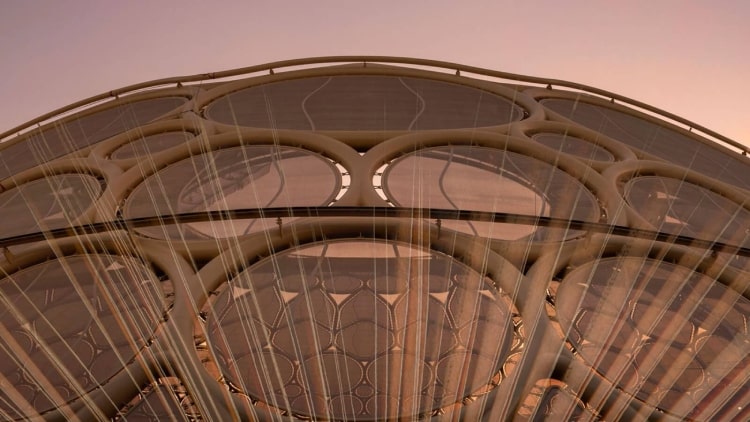
DUBAI: An interactive game that combines theatre and gaming design, and will teach players how to transcend language and culture to collectively solve global challenges, is being showcased at Expo 2020 Dubai’s Nexus for People and Planet.
The Everywhere Classroom invites gamers to step into another world to help a community achieve long-lasting prosperity in a time of crisis. Through several interconnected video games and performances, audiences will see the town and its inhabitants react to the choices they make, slowly realising the consequences of seemingly simple decisions.
Carlos Páez, Director, Everywhere Classroom, said, “The idea for the space stems from a five-year-long exploration of the intersection between theatre and game design. By exploring systems of game design, we found a new mode of participation that allows people to talk to each other in ways that are nonverbal, that can transcend language and culture, and allows people to communicate in ways that feel meaningful. This particular piece comes from a desire to explore ideas of education, in the context of artistic expression.”
Everywhere Classroom starts with a narration about a wildfire that has ravaged a village in a mountain, and invites participants to resolve the challenges brought on by this crisis. The game is divided into four different interactive experiences that then affect the state of the space itself.
The first experience is played through a user’s phone and allows the player to take control of an avatar who moves around the space and collects different resources that will be used at the following stages. The second experience is a trading game, where the player can trade the resources collected with travellers from nearby towns.
The third game is played physically, and a player is told that they must give a speech to the villagers who have gathered to hear what the user has to say. The player can then choose what to say and how to interact with the villagers, which will lead to different outcomes depending on how empathetic and communicative the player chooses to be.
The final experience is a building game, wherein people see the village represented as a grid on a table and are then able to construct and rebuild the village that was destroyed by the wildfires.
Páez said the game allows players to recognise that their actions and choices affect the greater good, and the power they hold can either benefit or harm a community: “The key advantage of this piece is that people have a lot of power in the way that they interact. When people collect different resources, they are very clearly adding to the pile of progress that the whole community is doing. However, they also have the power to, if they wish, trade everything away and ruin the plan that everybody might have been doing. Therefore, it creates a sense of responsibility in the room.”
Every choice a user makes will in turn affect the space they are in, in terms of the music, narration, and performers around them – who are expected to come alive and be more hopeful as the players work to rebuild the village.
Páez said: “I think that Expo 2020 Dubai is the perfect venue for this experience, because the game transcends verbal communication. Language is important for communicating and strategising, but the key thing is that everybody can make choices, and these choices will have impacts. So by being in the same room together, it forces us to communicate regardless of cultural and language barriers. [The game forces us to] take a step back and focus on our common humanity, and on what it is that we can do together to work towards solving a common goal.
Source: Expo 2020 Dubai

 Apr 25 2024
Apr 25 2024
